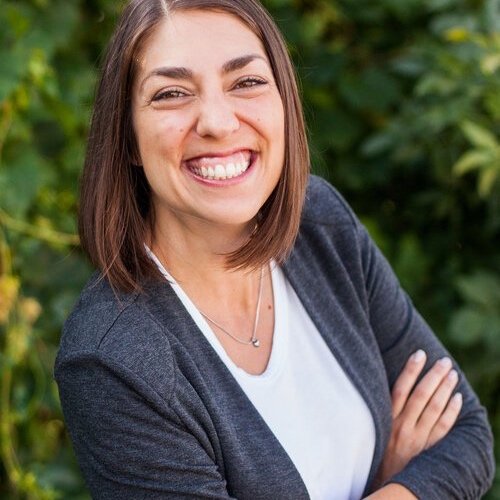Church Anew Blog
Get Updates in Your Inbox
Want to stay up-to-date with the Church Anew Blog? Sign up for our weekly blog round-up.
Mary, Undoer of Knots
My spiritual director asked me, “Have you ever heard of Mary, Untier of Knots?”
Let the Words…
What about when I open the door for someone whose arms are full? When I stopped to smell the lilacs while walking in my neighborhood? When I didn’t respond to that mean email with another mean email? Let this offering be acceptable, O Lord.
What Sabbatical Taught Me
I know some countries and companies are flirting with 4 day work weeks, or 6 hour workdays and finding increased happiness and productivity among their employees. They aren’t being lazy, but have learned what I have - there is so much more to life than work.
Multi-Vocational Ministry: Part 3 - Profiles in Multi-Vocational Ministry with Rev. Natalia Terfa
For the next few columns, I want to start sharing with you profiles of other folks who are engaged in Multi-vocational Ministry. Their examples will add depth and breadth to how we see multi-vocational ministry, and we can also see through their stories real-life examples of how people are living out these callings, as well as areas where they need more support and guidance.
EXPLORE OUR ARCHIVE OF ARTICLES FROM
Walter Brueggemann
Get Updates in Your Inbox
Want to stay up-to-date with the Church Anew Blog? Sign up for our weekly blog round-up.




